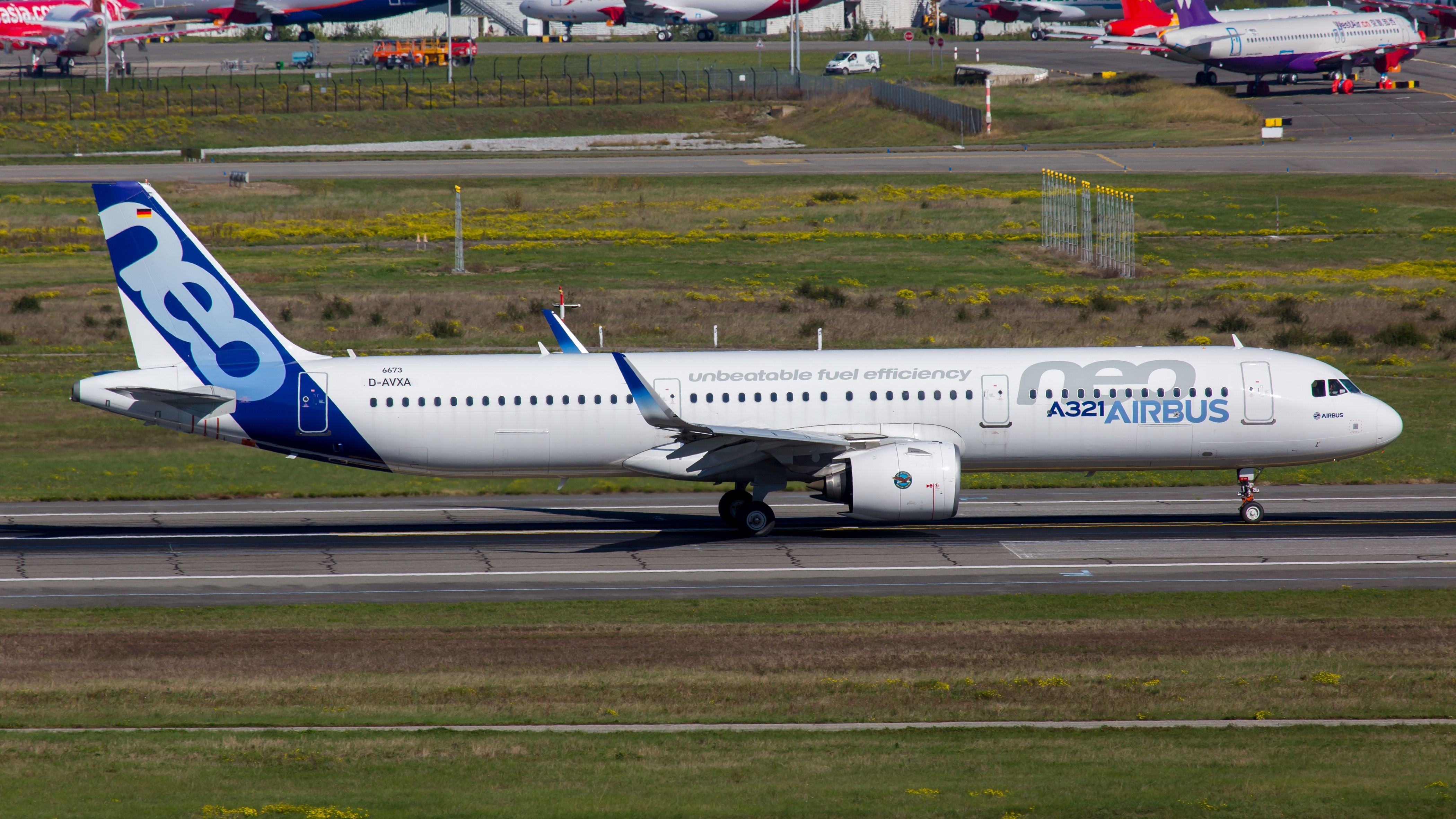Airbus Pioneering Sustainability with New Aircraft and Hydrogen-Powered Plans
Key Ideas
- Airbus is developing new aircraft designs to replace the A320neo family and is simultaneously working on hydrogen-powered aircraft, emphasizing the need for enhanced fuel efficiency.
- The company aims to increase fuel efficiency with each new generation of aircraft, with a target of reducing fuel emissions by approximately 25%, focusing on advanced technologies in materials and engines.
- Airbus is looking into offering Rolls-Royce engines for the successor of the A320neo, while also exploring the development of hydrogen technology for sustainable aviation fuel, aiming for engines that can run on 100% SAF.
- The ZEROe program by Airbus includes prototypes of various hydrogen-powered aircraft concepts, with plans to officially launch a hydrogen-powered aircraft program in 2027 or 2028, with an entry-into-service date in 2035.
Airbus is making strides in the aviation industry by not only working on new aircraft designs to replace the A320neo family but also delving into the realm of hydrogen-powered aircraft. The company, along with Boeing, recognizes the importance of significantly enhancing fuel efficiency in the next generation of aircraft. Airbus is aiming for a 25% reduction in fuel emissions with each new aircraft generation through advancements in materials and engines. The focus on sustainability is evident in Airbus' plans to offer Rolls-Royce engines for future aircraft while simultaneously investing in hydrogen technology for sustainable aviation fuel (SAF). The development of engines capable of running on 100% SAF is a key objective for Airbus. The company's ZEROe program encompasses various hydrogen-powered aircraft prototypes, including a turbofan, a turboprop, a blended-wing body, and a fully electric concept. Airbus has designated its first A380 as a testbed for hydrogen technologies. The CEO, Guillaume Faury, has outlined Airbus' commitment to powering the ZeroE platform with liquid hydrogen and using hydrogen as a fuel cell. The anticipated launch of the hydrogen-powered aircraft program is expected in 2027 or 2028, with an entry-into-service date in 2035. Moreover, Airbus is also working on the Next Generation Single Aisle (NGSA) aircraft, scheduled for an EIS in the latter part of the 2030s. The company's dedication to clean-sheet designs and fuel efficiency aligns with Boeing's approach towards developing significantly more efficient aircraft for the future.
Topics
Aviation
Clean Energy
Aviation Industry
Sustainability
Future Technology
Aircraft Design
Fuel Efficiency
Rolls-Royce
CFM International
Latest News
